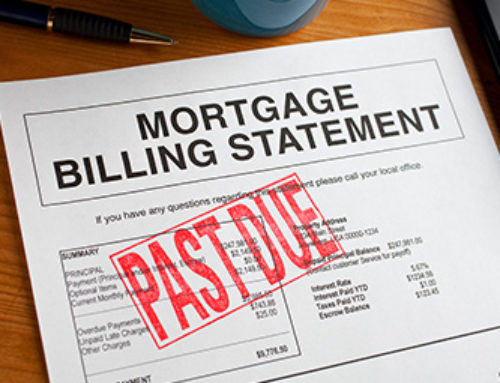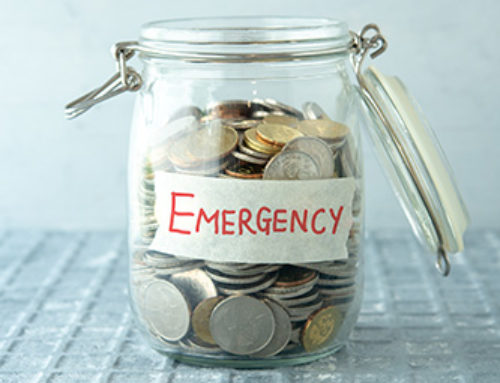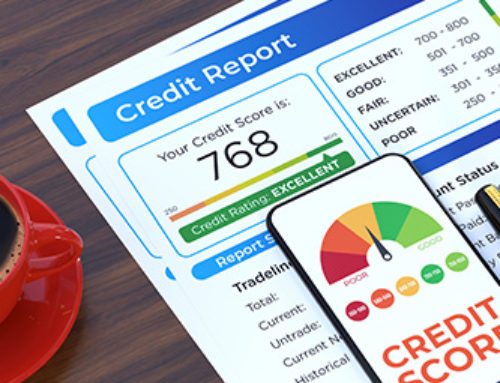Unemployment insurance is a vital support system for millions of Americans who have lost their jobs. State-administered unemployment benefit supports workers who have been laid off, terminated without cause, or considered underemployed. In 2020, each state’s unemployment insurance system took on the responsibility of providing COVID-19 relief funds to residents whose jobs were closed or furloughed in response to state shutdowns.
Unemployment benefits of all kinds have their limits, and at some point, the premium amount expires. In this case, beneficiaries can be informed that their unemployment benefit has run out.
What Does Exhausted Benefit Mean?
Exhausted benefit is a term commonly used by state unemployment insurance departments to indicate that a beneficiary’s initial claim amount has been paid and no further benefits can be paid without renewal. When you first apply for unemployment benefits, Unemployment Insurance employees will verify your application and issue an approval for benefits. When this happens, the department authorizes the payment of a certain amount of money to the beneficiary.
Each week the unemployment claim is active, the weekly premium amount will be deducted until the full premium is paid. When this point is reached, the original claim is exhausted.
What Can You Do When Your Benefits Are Exhausted?
More than a year has passed since the coronavirus pandemic broke out in the United States. This is an important step with serious economic consequences for the more than 3 million workers aged 50 and over who have lost their jobs during this crisis.
Although the rules for receiving unemployment insurance vary from state to state, in many states the maximum length of time a person can receive regular benefits is 26 weeks or about six months. This means that many people who could not replace the jobs they lost this year also lose their unemployment benefits. However, programs are in place to help eligible people continue to receive significant financial assistance as long as they are aware of these options and take steps to enroll. Once you run out of weeks to receive benefits from your state’s regular unemployment insurance program, you will be eligible for Federal Pandemic Emergency Unemployment Compensation (PEUC). When these benefits expire, you may be eligible for Extended Benefits (EB), another federal program designed to help states during times of high unemployment. And another program created by the coronavirus stimulus legislation, Pandemic Unemployment Assistance (PUA), could give you a few more weeks once the time to collect other benefits runs out.
If you received a maximum of 26 weeks of regular unemployment insurance, you may be eligible for two additional programs to extend your unemployment benefit to a total of 59 weeks. Those not eligible for regular unemployment insurance but receiving benefits under the Pandemic Unemployment Assistance (PUA) program are not eligible for the extensions discussed here, but under current regulations, they may be eligible for up to 46 weeks of unemployment insurance.
If you remain unemployed but exhaust 26 weeks of regular unemployment benefits, you are eligible for Pandemic Emergency Unemployment Benefit (PEUC), which adds 13 weeks to your unemployment benefits. PEUC recipients will receive the same amount of weekly benefits they received for the first 26 weeks and are eligible for the additional $600 weekly pandemic payment through July 26, 2020. The 13-week extension under the PEUC program ends the week of December 27, 2020.
If you remain unemployed after receiving the additional 13 weeks of PEUC and you still meet your state’s eligibility criteria for unemployment benefits, you may be eligible for additional unemployment benefits through the Extended Benefits (EB) program. In states currently experiencing high unemployment, the EB program provides additional weeks of unemployment benefits after the 13 weeks of PEUC have been exhausted. In some states, such as New York, where the unemployment rate is currently deemed “extremely high”, the state government has opted to pay additional weeks of unemployment benefits through the EB program, which could allow New Yorkers to receive up to 20 weeks of EB for a maximum of 59 weeks of possible unemployment benefits. But if you have used all your weeks to collect regular, PEUC, and EB benefits, you can now claim the PUA. The PUA is currently offering up to 79 weeks of full unemployment benefits to its recipients until September 6, 2021.
In short, if you have been unemployed for more than 26 weeks and are receiving regular unemployment benefits, you may be eligible for 13 weeks of extended benefits through the PEUC program, and then potentially up to 20 weeks of extended benefits through the EB program, up to a maximum of 59 weeks of unemployment benefits and possibly up to 79 weeks of unemployment benefits through the PUA.
It should be noted that not everyone eligible for regular state benefits is eligible for benefits through the Extended Benefits Program. Therefore, it is best to check with your state authority if you qualify.
Managing finances can be tedious in this period. You need experts to guide you on things you need to do to protect your finances so that you won’t be financially stranded. Our experts at Reb0und will tell you exactly what to do. Call us on 800 852 5049, send us an email at contact@reboundfromdebt.com, or fill out a contact form here with www.reboundfromdebt.com/schedule-a-call/



